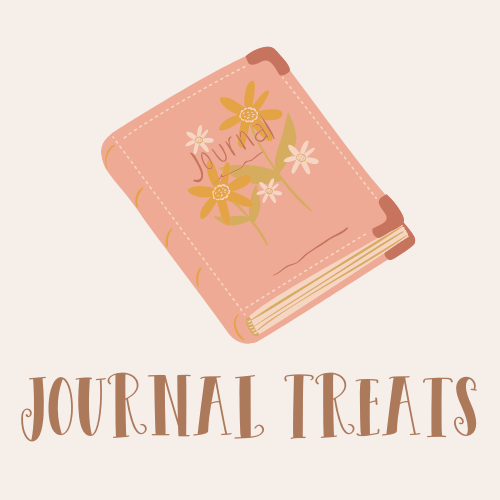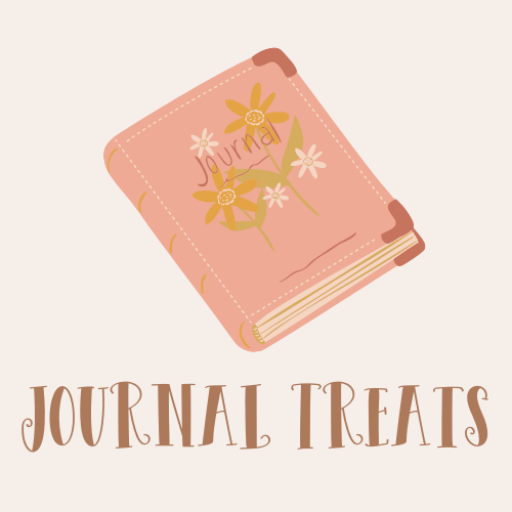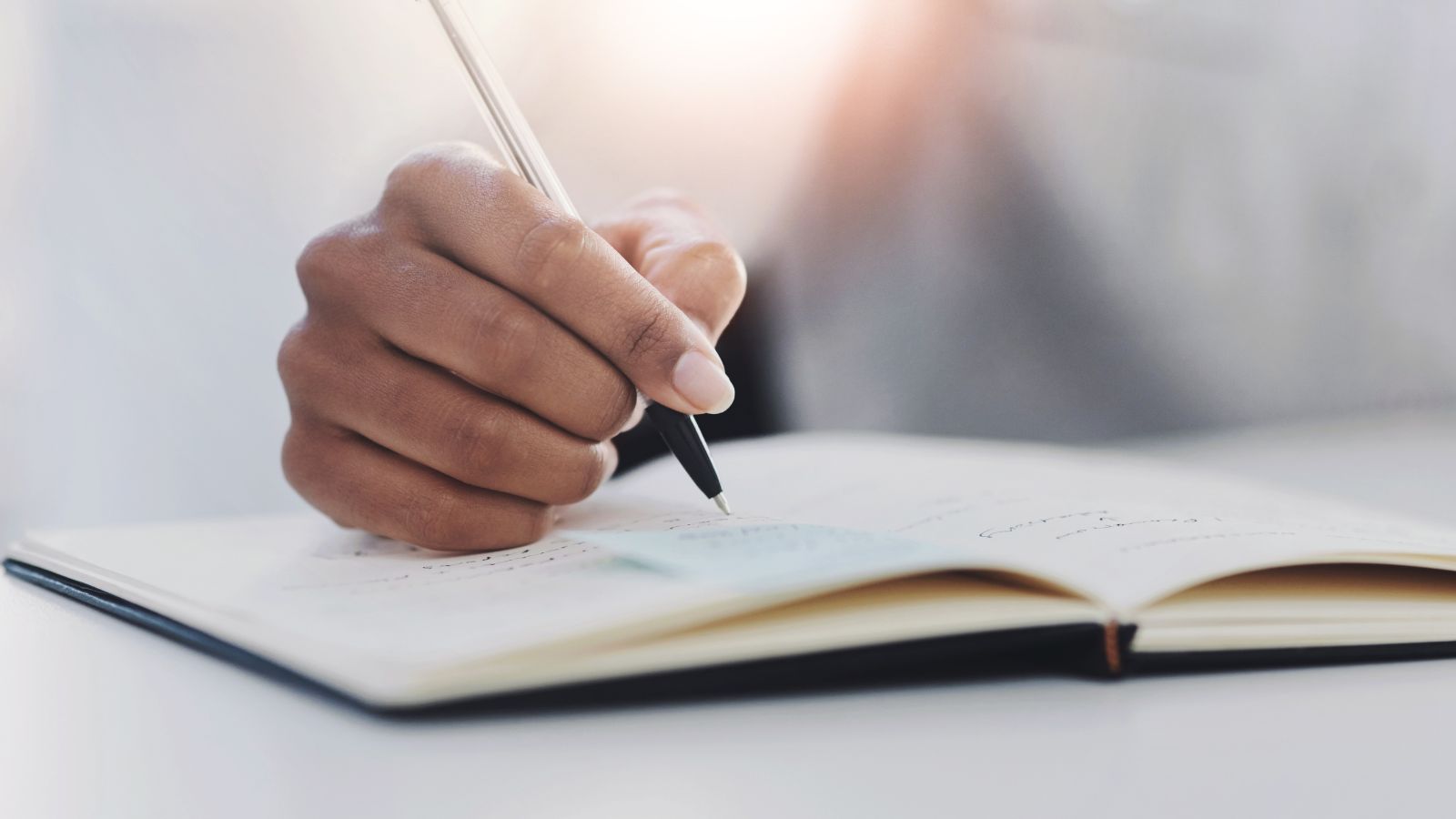
The Power of Journaling for Self-Discovery

Journals have long been trusted companions for self-reflection, emotional release, and personal clarity. In a world brimming with constant noise and digital distractions, journaling offers a rare opportunity to slow down, reconnect, and understand yourself on a deeper level. There are many ways of tapping into this to create self-discovery that will benefit people in the long run.
The Therapeutic Benefits of Writing

The simple act of putting thoughts on paper is more powerful than it seems. Journaling allows people to express emotions, fears, and joys in a safe space. Research has shown that writing about stressful experiences can significantly reduce stress’s physical and emotional toll on the body. James Pennebaker, a prominent figure in writing therapy, found that writing can be a tool for healing, helping people process trauma and challenging situations in a healthy way. It’s a method to gain control over life events and sort through internal chaos.
Finding Calm in a Chaotic World
Mindfulness plays a significant role in journaling. People can cultivate calmness amid life’s turbulence by being present and focusing on their thoughts. Journaling is beautiful because it can act as a mindfulness exercise, helping you detach from daily stresses and focus on what truly matters. Dr. Michael Baime, a mindfulness expert, has highlighted the power of reflective journaling to ground individuals when life feels overwhelming.
Journaling Styles to Explore
There isn’t a one-size-fits-all approach to journaling. From bullet journals to reflective narratives, different styles serve different needs. A bullet journal can be especially helpful if people are trying to declutter their minds. It’s a tool to track habits, jot down goals, or simply organize tasks creatively. But if people are more interested in processing emotions, reflective writing might be more up their alley.
Don’t Overthink It

For those new to journaling, it’s important not to feel overwhelmed by the process. There’s no need for fancy templates or perfect grammar. Journaling is most effective when it’s personal and honest. Start with a simple reflection at the end of their day, or jot down a few thoughts when something weighs on their mind.
Prompts to Spark Inspiration
If someone’s ever stuck staring at a blank page, journal prompts can help kickstart writing. Consider questions like, ‘What was the most challenging part of my day? What lessons did I learn this past month?’ Prompts like these can open the door to self-discovery, pushing people to reflect on areas of growth or unresolved emotions.
The Art of Organization
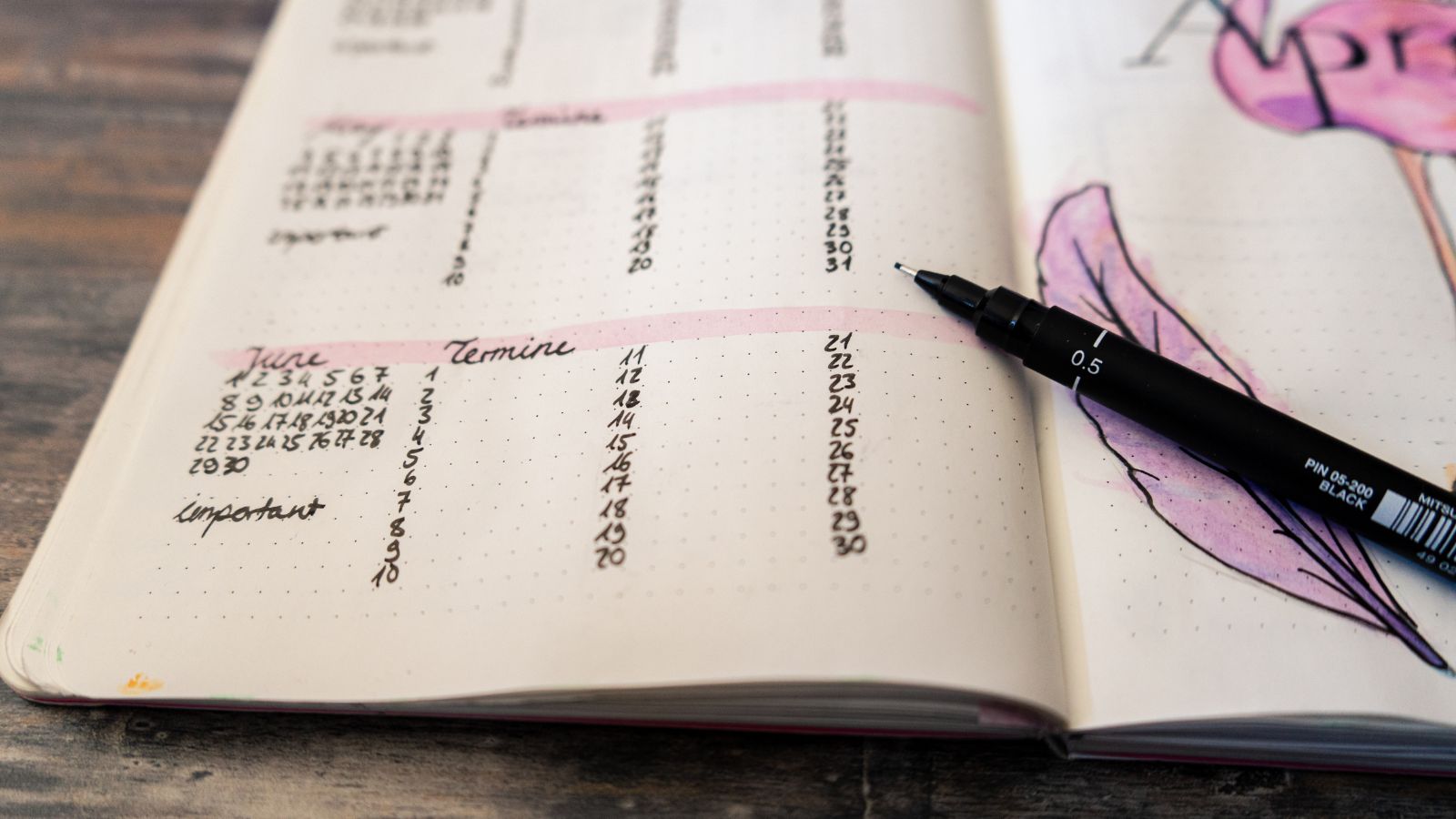
Bullet journaling, in particular, has become wildly popular, especially for those who crave structure. This method combines creativity and functionality by allowing people to map out goals, to-do lists, and reflections visually. While it can sometimes feel overwhelming due to the artistic displays seen on social media, at its core, bullet journaling is about personalization. Whether people are sketching out floor plans or tracking daily moods, the journal is a space that reflects a unique journey.
Healing Through Writing
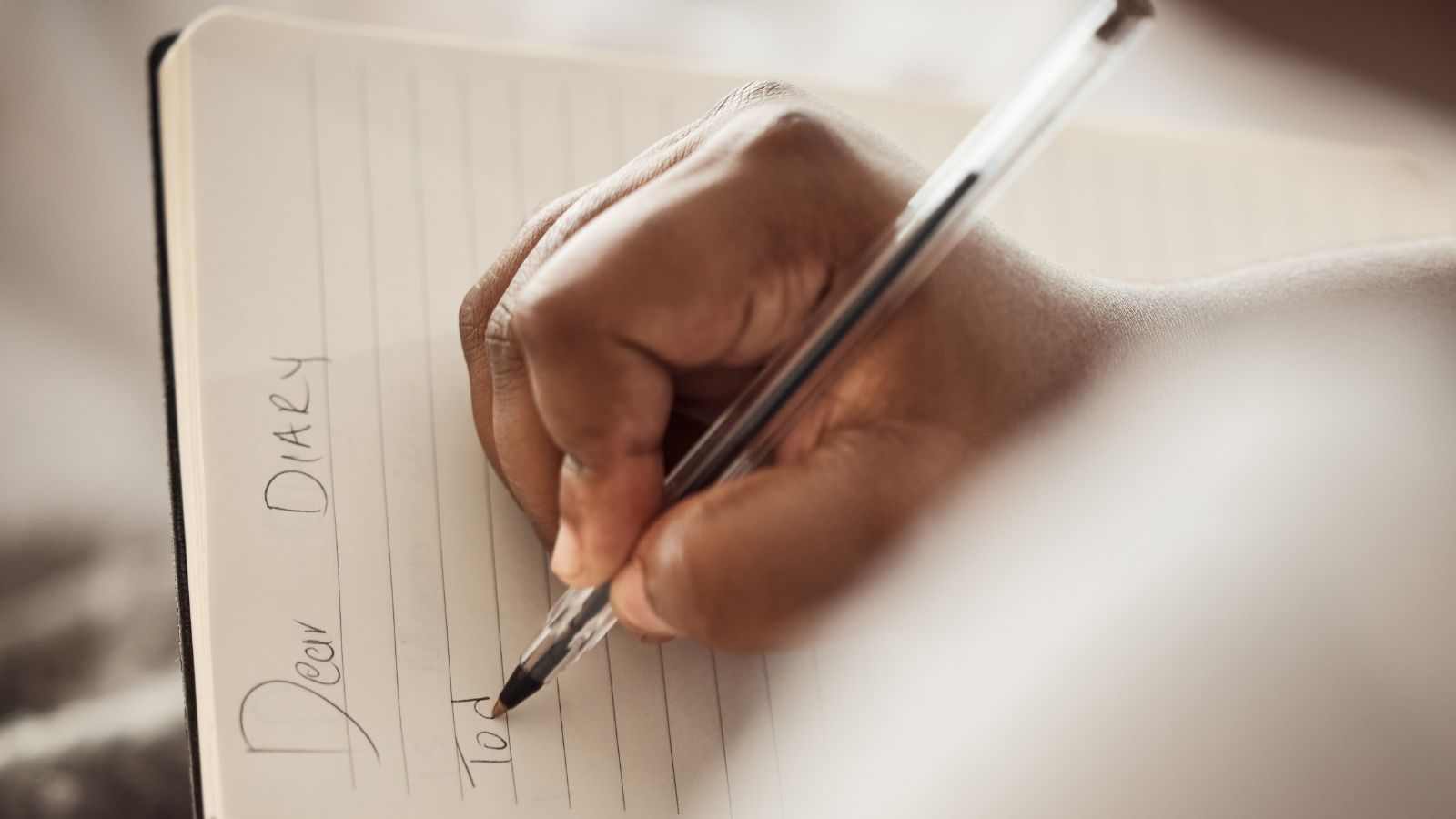
Aside from organization, journaling has immense healing power. Writing about deep-seated emotions allows people to process feelings and come to terms with past events. Researchers at Duke Health have found that journaling helps people discover inner resilience, gain clarity on their problems, and even release the negative effects of stress.
Exploring Personal Growth
Journaling is also a tool for personal growth. By reflecting on past entries, people can see how their mindset, emotions, and priorities have evolved over time. This process can be enlightening, helping track patterns of behavior or thoughts that people may not have noticed otherwise. Over time, these reflections help clarify life goals and personal desires.
Building a Habit
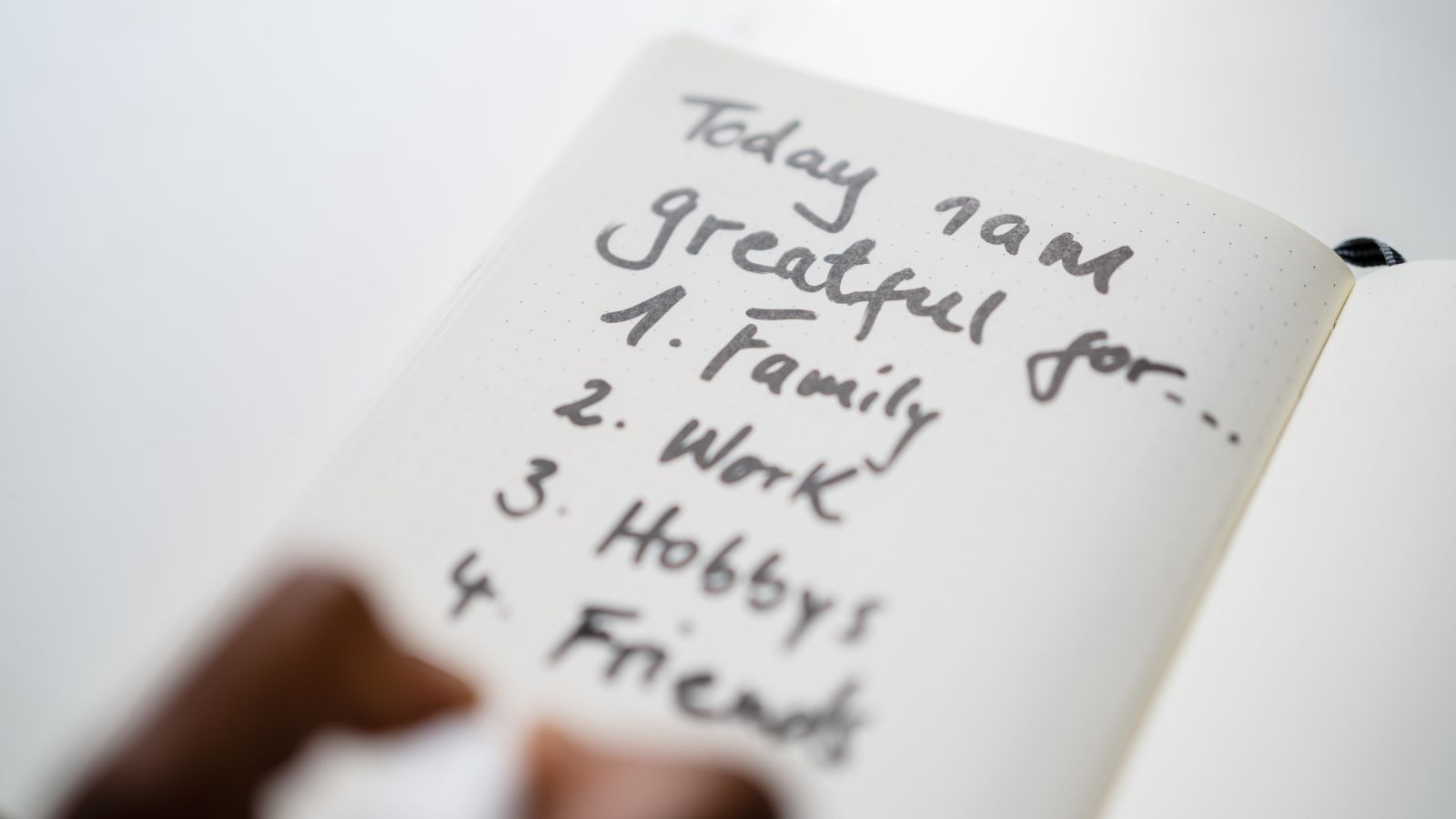
Consistency is key to getting the most out of journaling. Even if people only write a few sentences each day, building the habit of reflection can lead to significant mental clarity. The goal isn’t perfection but persistence. On tough days, simply showing up by journaling can provide the relief needed.
Finding a Medium
While writing is a powerful tool, it’s not for everyone. Some people find clarity through photography, drawing, or even speaking into a voice recorder. The medium doesn’t matter as much as the act of reflection itself. Whatever form it takes, journaling, in all its shapes and styles, remains a time-honored tool for introspection and personal growth.
Share this post :


11 Methods of Combining Cleaning With Journaling for Everyday Peace

How Tidying and Writing Improve Mental Health

11 Ways to Use Cleaning and Journaling as Life Tools
Subscribe our newsletter
Stay Updated with the Latest Reviews – Subscribe to Our Newsletter!
Affiliate Disclosure
As an Amazon Associate, Journaltreats.com earns from qualifying purchases.
Our website also contains other affiliate links, but our editorial content is not influenced by advertisers or affiliate partnerships. See our full disclosure.
AI Disclosure: Some elements may have been created with the assistance of AI tools.
Copyright Notice
All of the content on this website, including images, text, audio, and video, is Copyright © 2024 Journal Treats and may not be stolen, reproduced, downloaded, republished, or otherwise used without the explicit written permission of the owner of Journaltreats.com.
Except where prior permission is granted, Journal Treats reserves all rights.
